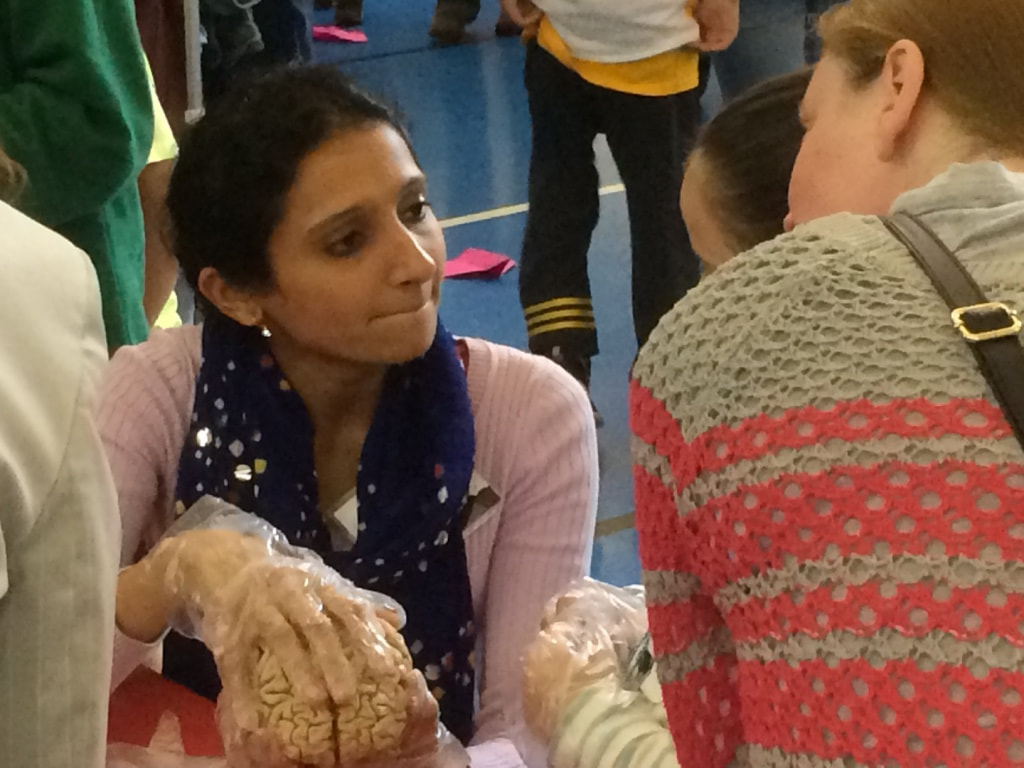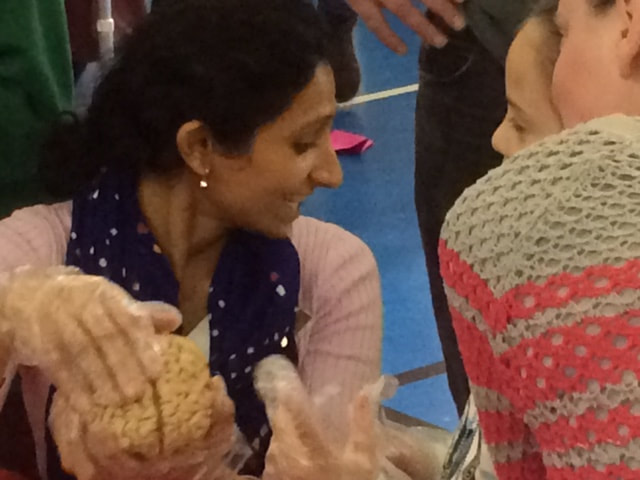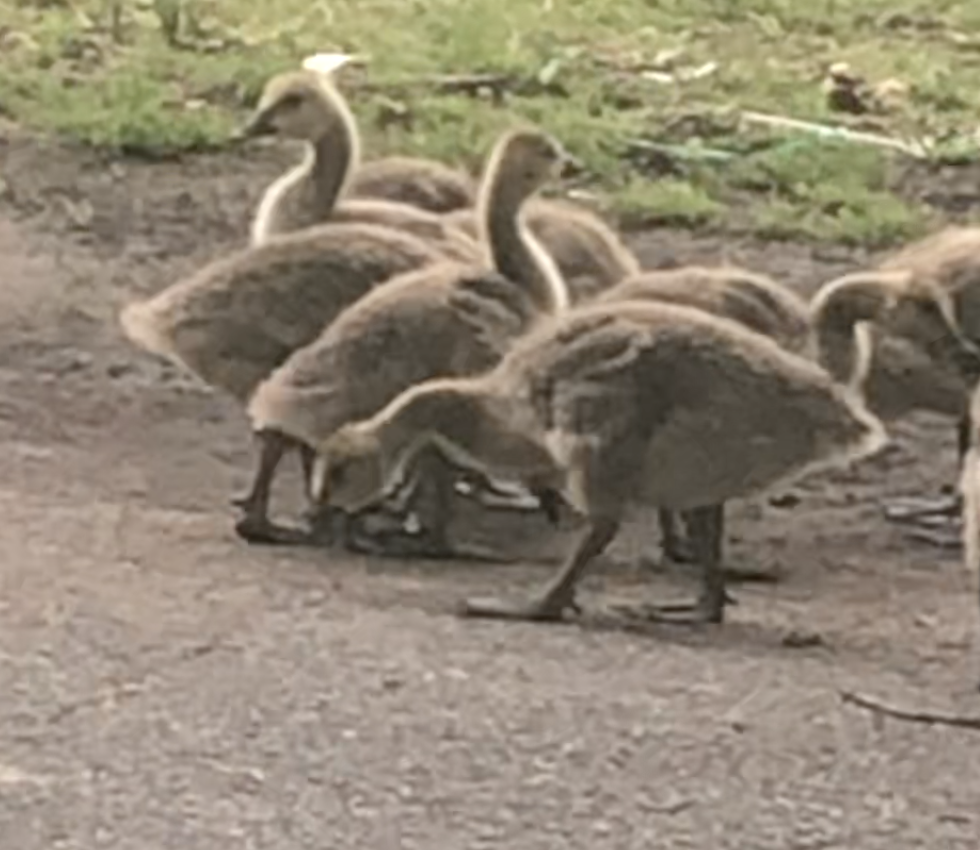Science as a human endeavorScientific training makes it clear that science is bigger and more important than the scientist(s) doing the work of science. Scientific discourse is in the third person and is devoid of emotion. This is understandable – the pursuit of the sciences requires (and trains) a mind that needs to deeply focus on a single problem to the exclusion of all else. However, in popular culture, this has led to the archetype of a scientist as a socially inept “lonely genius”.
Despite depictions of scientists as lonely, the “doing” of (applied) science is a group process consisting of an ecosystem of students, technicians, administrative support staff, mentors, mentees, janitorial services, cleaning personnel, administrators, animal, and vet techs. Science is not done in a silo, and the scientific ecosystem includes universities, funding agencies, and administrators. What are some ways in which you have experienced the human side of science?
0 Comments
Failure highlights the humanistic aspect of the sciences and the arts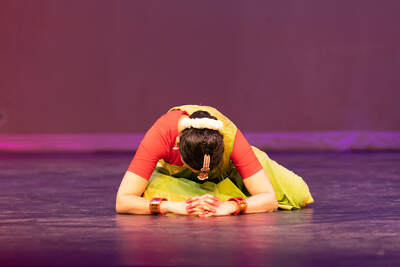 Continuing the humanistic explorations of science, we looked at the role of gurus and institutions of higher learning in both disciplines. Another commonality between the sciences and the arts is failure. Indeed, failure is an inherent part of science and takes its toll on scientists. That said, outside of quotes by Thomas Edison on the importance of trying and failing, scientists are not expected to talk about failure. While scientists know that negative results are also meaningful and help push the field forward, they are rarely published as they are seen as failures [1]. This lack of reporting of negative results often leads to publication bias [2], impacting the field and scientific inquiry at large. The lack of avenues to report negative findings has also led to a lack of appreciation of ambiguity in science, enabling (unwittingly so) the failure of non-scientists to appreciate scientific ambiguity, giving the impression that all of science “works” perfectly all the time. Scientists face professional failures as well, including (contrived?) scarcity of the academic world, a toxic lab environment, the advisor’s funding running out, simply not having the aptitude for the field of work, and above all, imposter syndrome. Moving out of the academic world is considered a failure too – not moving on to an academic career of one’s own, going into the private sector - is looked down upon. How can we embrace failure in the scientific endeavor and highlight its humanity? Literature cited:
Excited to start as a Board Member of National Organization for Arts in Health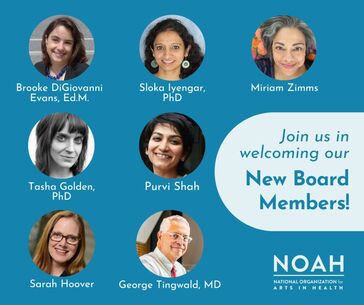 I'm excited to announce that I have joined the board of directors at the National Organization for Arts in Health! Learn more about the board at https://thenoah.net/board-members-staff/ NOAH is dedicated to uniting and advancing the field of arts in health as an integral component to health and wellbeing. Its members include artists, creative and expressive arts therapists, architects and designers, representatives of creative and cultural agencies, educators, administrators, doctors, nurses, and others working in medical care, medical education, and public health. NOAH is shaping a reality where the arts are fully incorporated into medical treatment, medical education, prevention, and public health and wellbeing. Learn more about our mission at https://thenoah.net. |
About SlokaMy name is Sloka. I am a neuroscientist and Bharatanatyam dancer; you can find more about me here. Archives
June 2024
|
